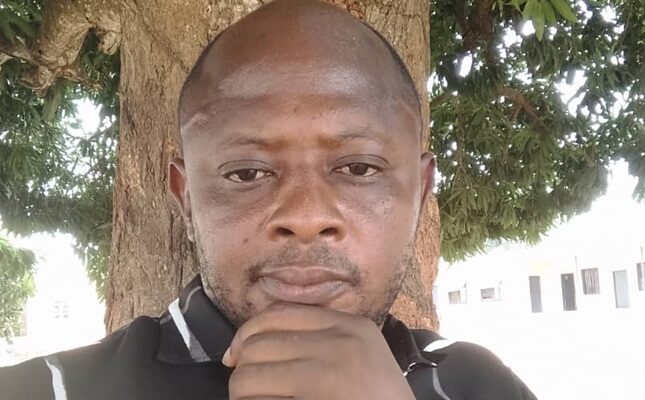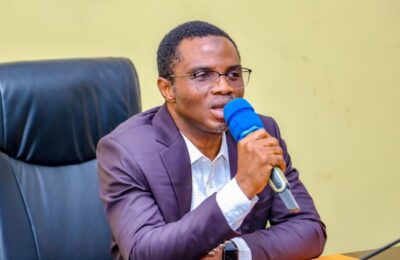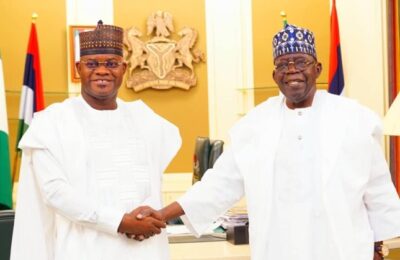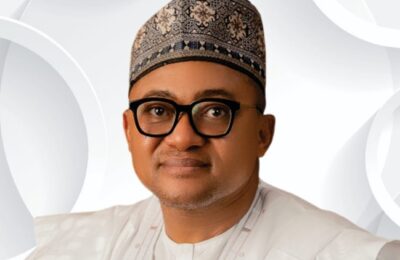Nigeria’s politics has long been described as dirty, but the recent Canadian court ruling that labeled the All Progressives Congress (APC) and the Peoples Democratic Party (PDP) as “terrorist organisations” has taken the metaphor into a harsher dimension. It is no longer just about ballot snatching, rigged elections, or thuggery on the streets. It is about how the world now perceives Nigeria’s political class—like cockroaches thriving in filth, crawling from one dark corner to another, and now suspected of terrorism by international standards.
The judgment, controversial as it is, draws strength from Nigeria’s own political history. When a Canadian court describes ruling parties as violent machines, it merely echoes what Nigerians have endured for decades: elections marred by bloodshed, intimidation, and systemic impunity. As Nobel Laureate Wole Soyinka once warned, “Only in Nigeria do politicians see politics as warfare, and the people as casualties.” The ruling, therefore, is not an invention of Canada—it is a mirror of Nigeria’s political decay.
The metaphor of cockroach politics finds painful validation here. Like cockroaches, politicians survive in the cracks of dysfunction, adapt quickly to new environments, and are almost impossible to eradicate. They switch party allegiance with ease, rebrand themselves as reformers after decades of plunder, and emerge stronger after every political storm. Their survival, like the insect’s, is never about creating value but about feeding on decay. “They rig elections and announce fake results with armed backing,” noted senior lawyer Femi Falana recently. “Citizens who resist are violently suppressed while perpetrators walk free.”
This cycle explains why Nigeria’s democracy is constantly stuck in survival mode. Elections become rituals of infestation rather than renewal. Ordinary citizens queue under the sun to vote, but what they often endorse is a rotation of cockroaches in tailored suits. Canadian authorities, by framing such patterns under terrorism statutes, have amplified a truth Nigerians whisper daily—that politics here often relies more on fear than persuasion, more on violence than vision.
The implications are deep. With the judgment hanging, Nigerians linked to the APC or PDP may face deportation or visa denials abroad. International investors may view the ruling parties as risky entities, damaging Nigeria’s economic image. Political commentator Jide Ojo captured the danger: “The ruling is not just a legal embarrassment, it is a diplomatic wound. It tells the world Nigeria’s political system operates like an organised gang.”
And yet, cockroach politics endures because the ecosystem sustains it. Electoral bodies turn a blind eye to vote-buying. Security forces are compromised during elections. Citizens themselves, weary and desperate, trade ballots for cash or survival rations. As Transparency International’s Auwal Musa Rafsanjani observed, “Until Nigerians refuse to be co-opted into this system, cockroach politics will remain our curse.”
The only disinfectant is systemic reform. Campaign finance must be transparent, political violence must attract swift prosecution, and governance must deliver tangible dividends beyond rhetoric. But without urgency, Nigeria risks institutionalising cockroach politics as its national brand—politics that fears the light, thrives in the dark, and now carries the added global stigma of terrorism.
Until fumigation comes, Nigeria remains a kitchen haunted by its own infestation: cockroach politicians who multiply in shadows, resist accountability, and survive every attempt to sweep them away.
– Inah Boniface Ocholi writes from Ayah – Igalamela/Odolu LGA, Kogi state.
08152094428 (SMS Only)




